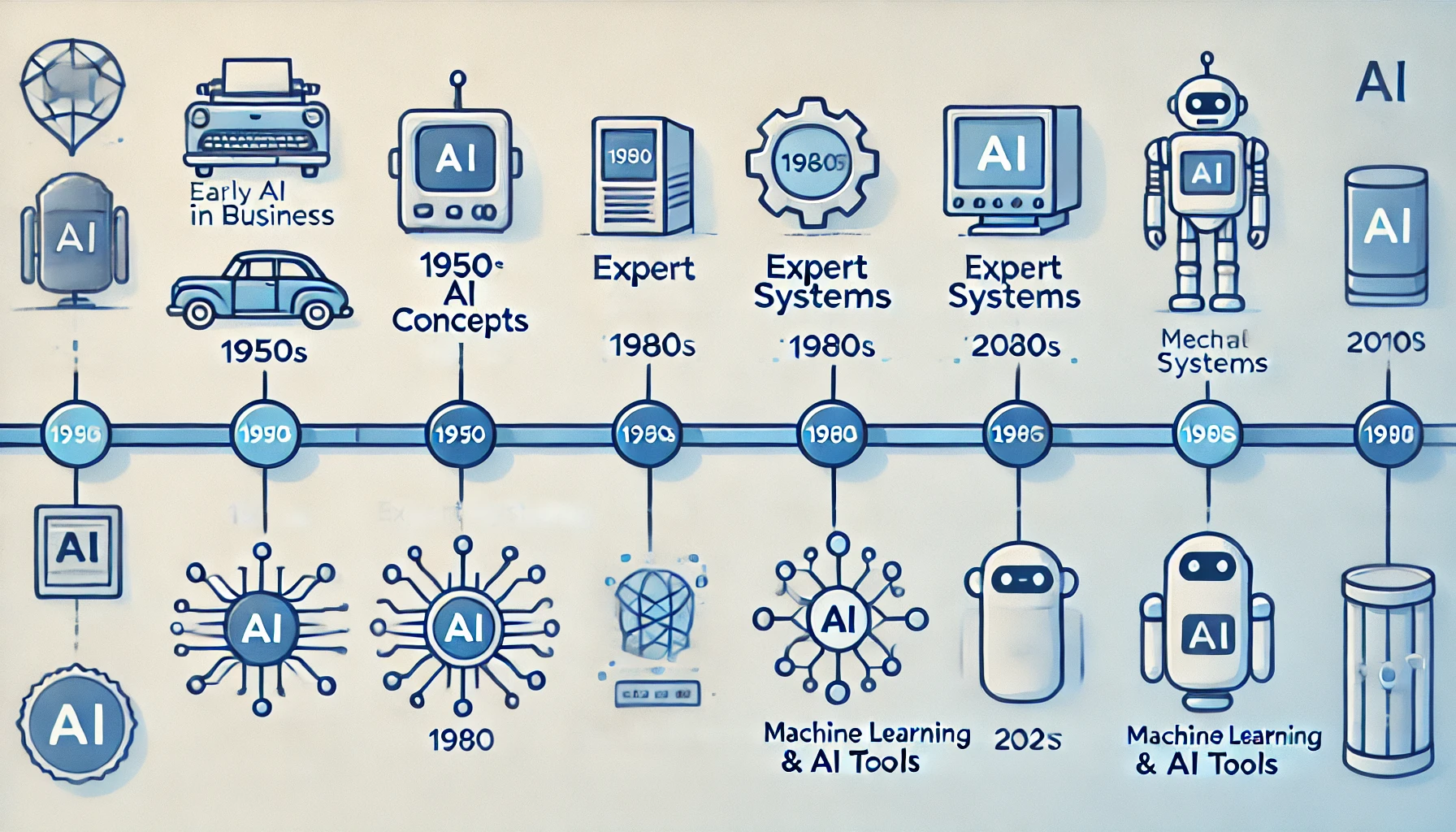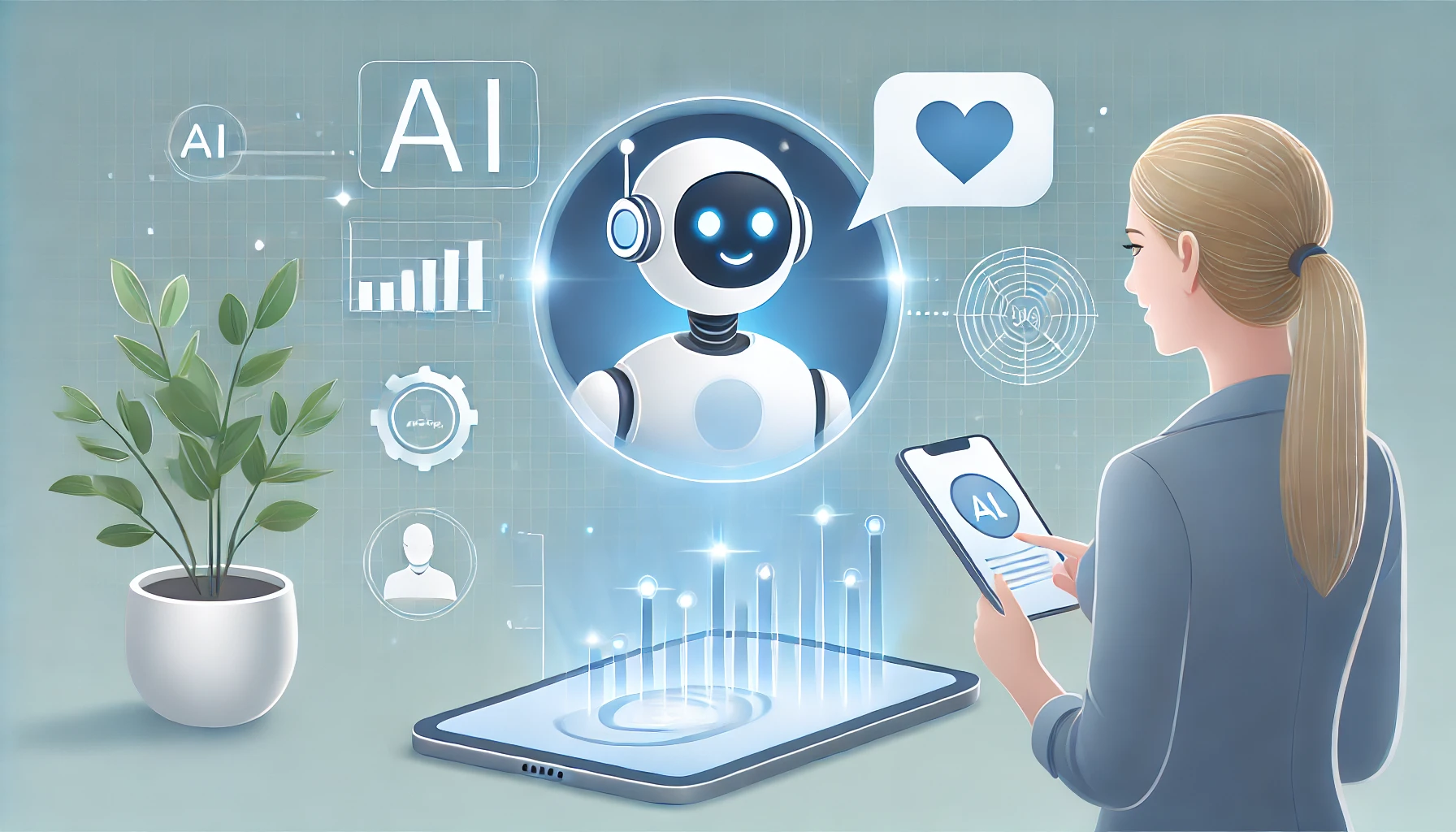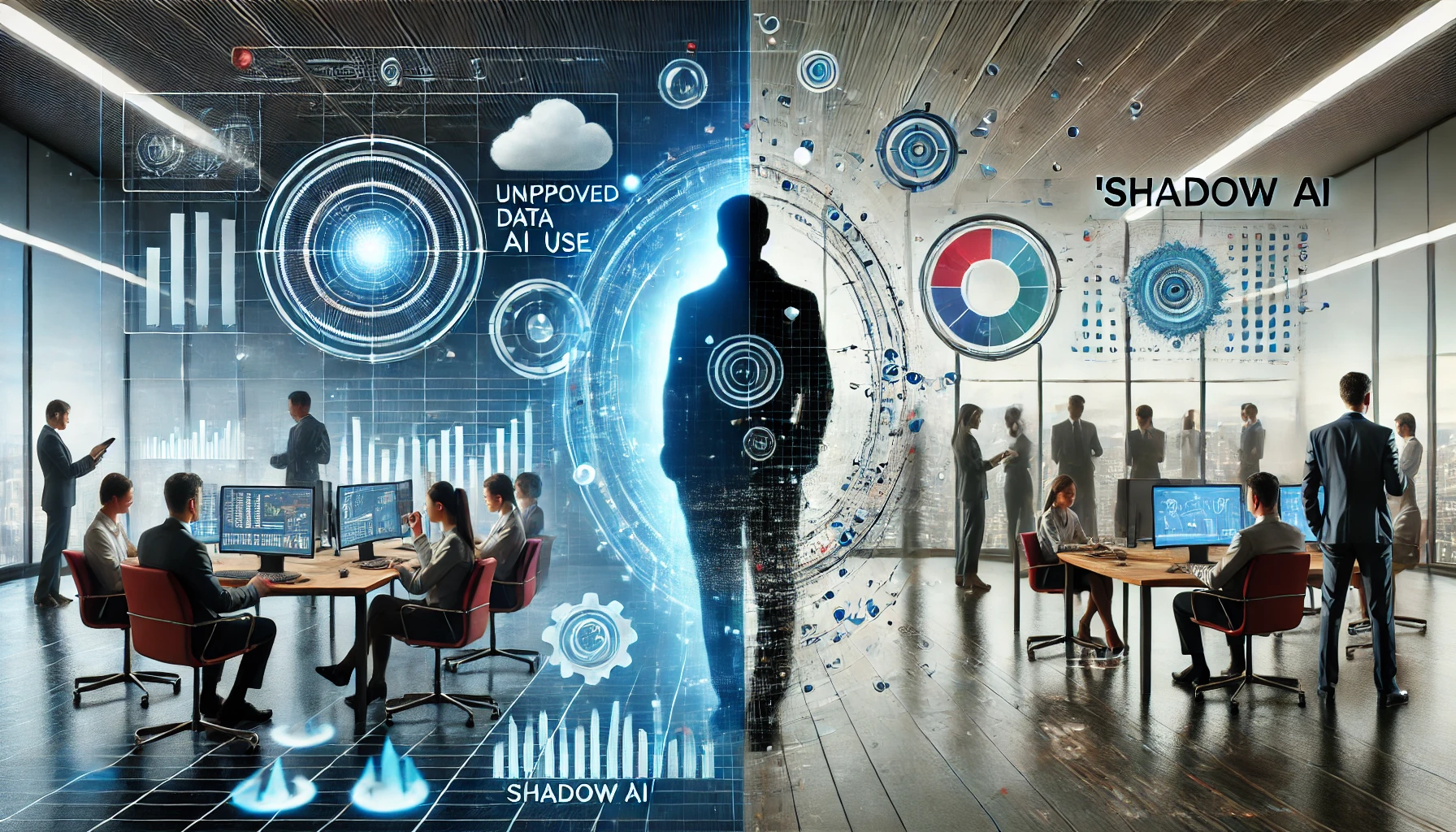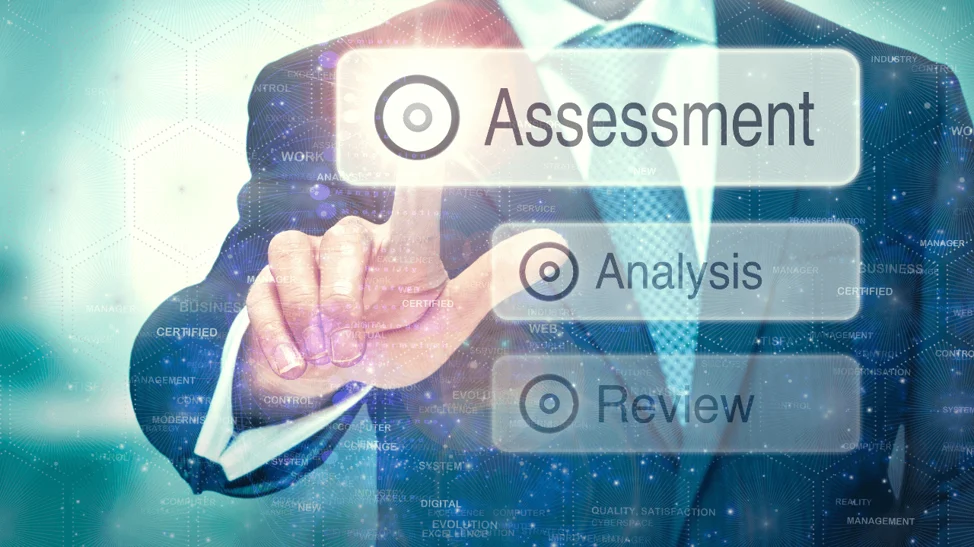
Using AI in Business: When to Toggle On and When to Toggle Off
As with all tech innovation, generative AI’s ability to expand business value and increase operational efficiency can be accompanied by an inverse expansion of risk. Artificial intelligence refers to the simulation of human cognitive functions by machines, and its diverse applications include machine learning and natural language processing. Externally, threat actors leverage AI to attack AI-enhanced cybersecurity tools, leading to an AI vs. AI dynamic that has forced cybersecurity to become pre-emptive, not just preventative. Internally, shadow AI and indiscriminate use of AI tools and platforms can also broaden an organization’s threat surface. Implementing AI strategically within businesses is crucial, requiring a comprehensive approach that includes assessing business needs, selecting appropriate tools, developing team skills, and managing data effectively to optimize operations and enhance customer experiences.
In both cases, being discerning about what generative AI tools to use and when is vital to ensuring a robust cybersecurity stance.
This article will explore the risks of indiscriminately leveraging generative AI in business and offer suggestions on when to use—and not use—generative AI tools.
Introduction to AI in Business

What is Artificial Intelligence and its role in business
Artificial Intelligence (AI) refers to the simulation of human cognitive functions by machines, such as learning, problem-solving, and decision-making. In the context of business, AI plays a crucial role in enhancing operational efficiency, improving customer engagement, and driving innovation. AI tools and systems enable businesses to process vast amounts of data, identify patterns, and make predictions, ultimately leading to better decision-making and improved outcomes. By integrating AI into various business processes, companies can streamline operations, reduce costs, and stay competitive in an ever-evolving market.
Brief history of AI in business

The concept of AI has been around for decades, but its application in business has gained significant momentum in recent years. The first AI-powered tools were introduced in the 1950s, but it wasn’t until the 1980s that AI started to be used in business applications, such as expert systems and decision support systems. The 21st century has seen a significant surge in AI adoption, with the development of machine learning, deep learning, and natural language processing. Today, AI is an integral part of many business functions, including marketing, sales, customer service, and human resources. This evolution has transformed AI from a theoretical concept into a practical tool that drives business success.
Importance of AI in modern business
In today’s fast-paced and

competitive business landscape, AI is no longer a luxury, but a necessity. AI helps businesses stay ahead of the curve by providing them with valuable insights, automating repetitive tasks, and enhancing customer experiences. According to a Harvard Business Review study, companies that adopt AI are more likely to experience significant revenue growth and improved profitability. Moreover, AI enables businesses to respond quickly to changing market conditions, identify new opportunities, and mitigate risks. By leveraging AI, businesses can make more informed decisions, optimize their operations, and ultimately achieve better outcomes.
Benefits of AI in Business

Improved Customer Engagement and Experience

AI-powered tools and systems enable businesses to provide personalized and seamless customer experiences. By analyzing customer data and behavior, AI systems can help businesses identify patterns and preferences, leading to targeted marketing campaigns and improved customer engagement. For instance, AI-powered chatbots can help businesses respond to customer inquiries in real-time, while AI-driven recommendation engines can suggest products and services based on customer preferences. According to a study, businesses that use AI-powered customer service tools experience a 25% increase in customer satisfaction.
Additionally, AI can help businesses improve their supply chain operations, inventory management, and risk assessment. By analyzing data from various sources, AI systems can help businesses identify potential bottlenecks, optimize inventory levels, and mitigate risks. For example, AI-powered predictive analytics can help businesses forecast demand, reducing the risk of stockouts and overstocking. This not only enhances operational efficiency but also ensures that businesses can meet customer demands promptly and effectively.
Overall, AI has the potential to transform businesses in numerous ways, from improving customer engagement and experience to enhancing operational efficiency and driving innovation. As AI continues to evolve, it’s essential for businesses to stay ahead of the curve and leverage AI to gain a competitive edge.

Internal Risks of AI in Business Processes: Shadow AI

Shadow AI, or the use of unapproved AI tools without a company’s knowledge, is rapidly becoming a serious issue in many organizations as employees begin using generative AI-based technology to enhance their performance.
According to a 2024 survey of 150 IT security leaders by HiddenLayer, 61% report shadow AI as a problem within their organizations. Surprisingly, 75% of those security leaders see the threats posed by unauthorized use of third-party AI tools as greater than already-existing cyber threats faced by an organization.
Shadow AI use can lead to proprietary data and IP being fed into external databases. Answers, predictions, and reports may include wildly inaccurate information. Many security vulnerabilities can be inadvertently created by well-meaning but ill-prepared employees, such as when they use a generative AI platform to generate passwords. As generative AI evolves to go beyond aggregating and informing users to take action, internal company risks will only grow.
Human resources AI can help manage employee records, improve recruitment processes, and enhance employee engagement, showcasing its potential to streamline various HR functions.
The solution is not to simply ban AI. The pervasive use of shadow IT in many companies illustrates how bans are, at best, temporarily effective and, at worst, a waste of valuable company resources.
A better solution is to add AI information and education to an organization’s cyber hygiene training program. Reasonable monitoring guardrails may also need to be employed, such as checking employee credit card charges for unauthorized software purchases.
Secondly, accept and embrace the fact AI in business is here to stay. Identify what specific AI-based tools are useful to employees, vet them for risk, and encourage employees to use software, platforms, or tools that pass the test. This creates an internal employee culture in which good cyber hygiene is a matter of course for all employees and is no longer siloed as an “IT issue.”
Finally, balance security with efficiency. If an internal process, such as creating a report or drafting a memo about a developing product, can be done more securely without the assistance of generative AI but also may take longer, the extra time taken in the short run may be worth the time saved dealing with a security breach. Knowing when not to use AI in business is just as important as knowing when to use it.
Using Gen AI for External Risks Assessment

Understanding how to use generative AI tools is no longer optional. Nowhere is this more true than in an organization’s cybersecurity suite.
These tools fill a dangerous gap left by the chronic shortage of cybersecurity professionals. Automated, AI-enhanced tools are the only way to keep up with today’s threat actors, who maliciously use generative AI to create adaptive and evolving threats.

AI helps businesses understand potential threats and vulnerabilities by analyzing data and providing valuable insights. This is where AI in tech has the greatest potential to enhance organizational cybersecurity. Simply assessing the number of endpoints and analyzing potential entry points into a network will no longer suffice to keep a business safe.
Machine learning is evolving into deep learning. This has led to the creation of AI security solutions that react to malware in milliseconds, sometimes before an attack even occurs. Some of these tools will then adapt in real time to prevent potential future attacks. Thus, the peace of mind that stems from automated, continuous monitoring increases with the knowledge that real-time evolution and adaptation to threats is pre-empting them altogether.

Discretion Remains the Better Part of Valor

That said, as with internal processes, there may be times when other components of a comprehensive security approach will not benefit from the use of generative AI. As of yet, there is no advanced technology that can simulate a physical break into a secure section of a building or fully replicate human social engineering (though some platforms with voice-mocking technology are rapidly approaching this point). Though an AI solution may exist, that does not mean it is the right solution for a specific set of high-priority vulnerabilities.
Assessing the correct generative AI tool for your organization’s cybersecurity approach is crucial. Not all generative AI is the same. Technology that uses machine learning rather than deep learning processes is just one example of a key difference. Yes, an organization’s holistic cybersecurity approach will increasingly include generative AI tools. However, what specific tools to use and where to direct them remain important determinants of how robust a security profile is.
While AI can process and analyze data at high speeds, it is intended to support and enhance human decision-making rather than replace the nuanced reasoning and ingenuity inherent to human intelligence.
Remove the Guesswork with CyVent AI Tools

CyVent protects organizations using an overarching philosophy of holistic cybersecurity. Our team of former CISOs, senior line executives, academic thought leaders, and cybersecurity technologists leverages their collective expertise to assess cybersecurity tools, vet potential technology partners, and ultimately create a comprehensive solution specifically designed for the environments they serve.
Whether it's the latest generative AI monitoring platform or a comprehensive, all-in-one cybersecurity suite like Haven, our team has fully investigated and assessed all cybersecurity solutions to ensure they're a good fit for our clients.
Gain peace of mind knowing you have the right tools to protect your organization in place by contacting CyVent today. It takes just one click to schedule a completely confidential call with me and the CyVent team!
~Yuda


